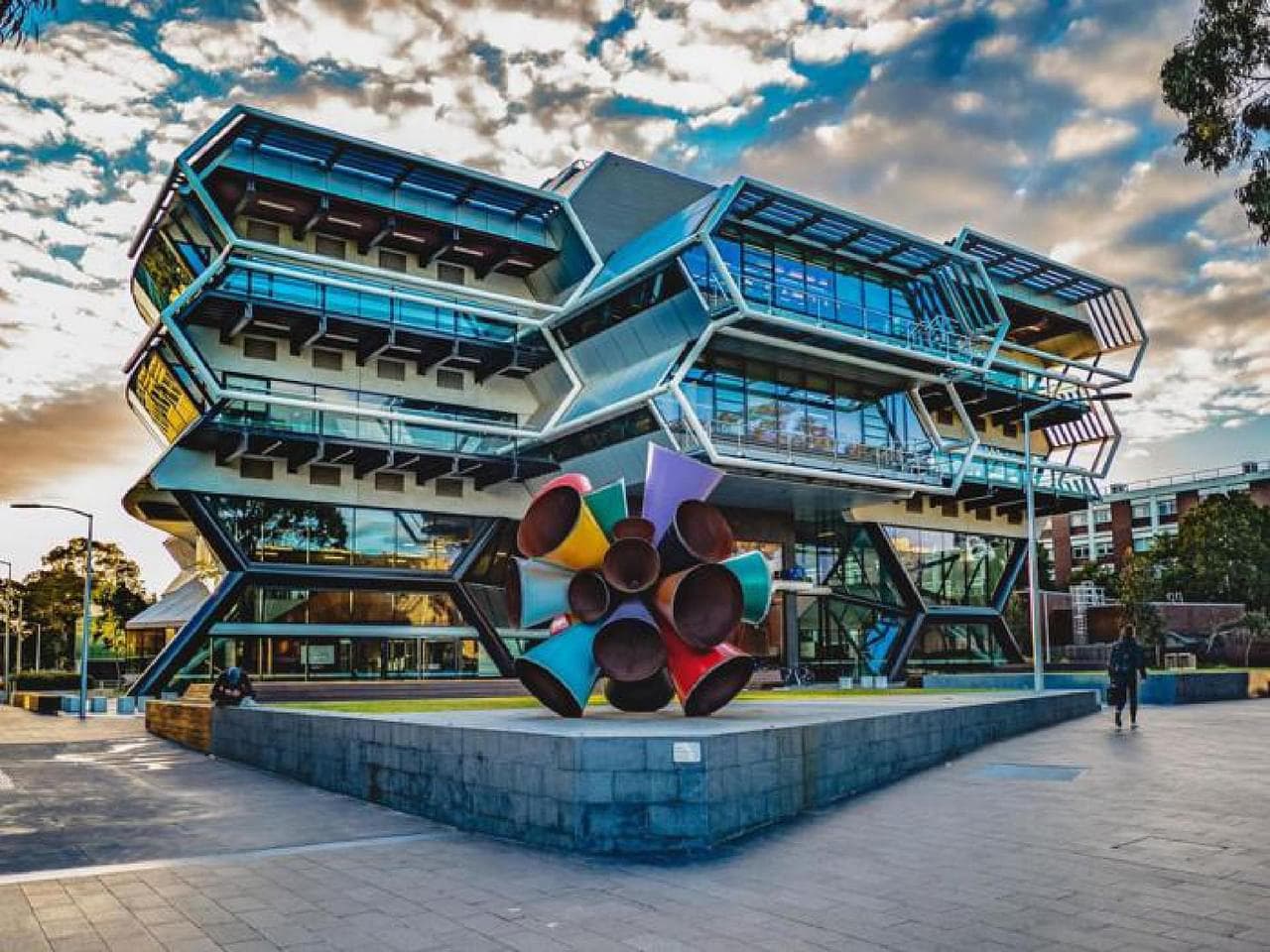Double degree courses allow you to study towards two different degrees at the same time, and graduate with two separate qualifications. And because a required subject in one course can count as an elective in the other, our double degrees take two years less than if you studied for the two degrees separately.
The Bachelor of Laws (Honours) course is a specialist course that develops through themes: legal methodology and legal practice; public law; and private law. The specialised knowledge and advanced skills are imparted in later year elective units, including a final year project involving intensive research and writing.
- A. Legal methodology and legal practice
This theme includes the nature of law, and particularly statute law enacted by Parliaments and common law developed by courts. It also includes the key concepts, principles and methods of research and reasoning that enable lawyers to identify and interpret law and apply it to relevant facts in order to provide legal advice. It covers the law of procedure and evidence that governs judicial proceedings, alternative methods of resolving legal disputes, and the code of ethics that regulates the professional conduct of legal practitioners.
- B. Public law
Public law includes constitutional law, administrative law and criminal law. It concerns the powers and procedures of the legislative, executive and judicial organs of government, and how they are regulated and controlled by "the rule of law". It also concerns the legal relationship between government and individuals, including the protection of the individual rights.
- C. Private law
Private law deals with legal relationships between legal persons, including corporations as well as individuals. It includes the study of property rights, contractual rights and obligations, wrongs (called "torts") such as trespass and the negligent infliction of injury, and the law of equity and trusts.
- D. Extending specialized knowledge and advanced skills: Law electives
In later years of the course, you will be able to choose from a broad range of elective law units. High achieving students may also include one or two Master's units in their final year of study. Elective law units enable you to develop specialised knowledge and advanced skills in areas of law that suit your own interests, skills and career goals. In addition to public and private law, these include international law, commercial law and human rights law. You will have opportunities to study overseas, and to undertake work-based learning, for example, in our clinical legal education program and in local and international internships.
The Bachelor of Engineering (Honours) course is a specialist course that develops through four themes that combine to underpin engineering practice: Fundamentals and foundational skills, Design, Knowledge and applications, and Professional Practice.
- A. Engineering fundamentals and foundational skills
These will develop your understanding of natural and physical sciences, mathematics, numerical analysis, statistics, and computer and information sciences that underpin all engineering disciplines.
- B. Engineering design
This will develop the engineering techniques, tools and resources for the conduct, design and management of engineering design processes and projects, both in the industrial setting and in the development of research experiments.
- C. Engineering knowledge and application
This will provide in-depth knowledge of the specific engineering methods of a branch of engineering, and will integrate the specific engineering methods and discipline knowledge into practice. You will develop skills to identify and apply knowledge of contextual factors impacting the engineering discipline. Additionally, your studies will focus on your understanding and application of the scope, principles, norms, accountabilities and bounds of contemporary engineering practice in your discipline.
- D. Professional practice
This will develop your skills in readiness for the engineering workplace. You will develop skills in effective team membership and team leadership, the use and management of commercially relevant data, and the legal responsibilities of engineers. This study will integrate the theme 'Engineering knowledge and application' with your specialist field of engineering.
